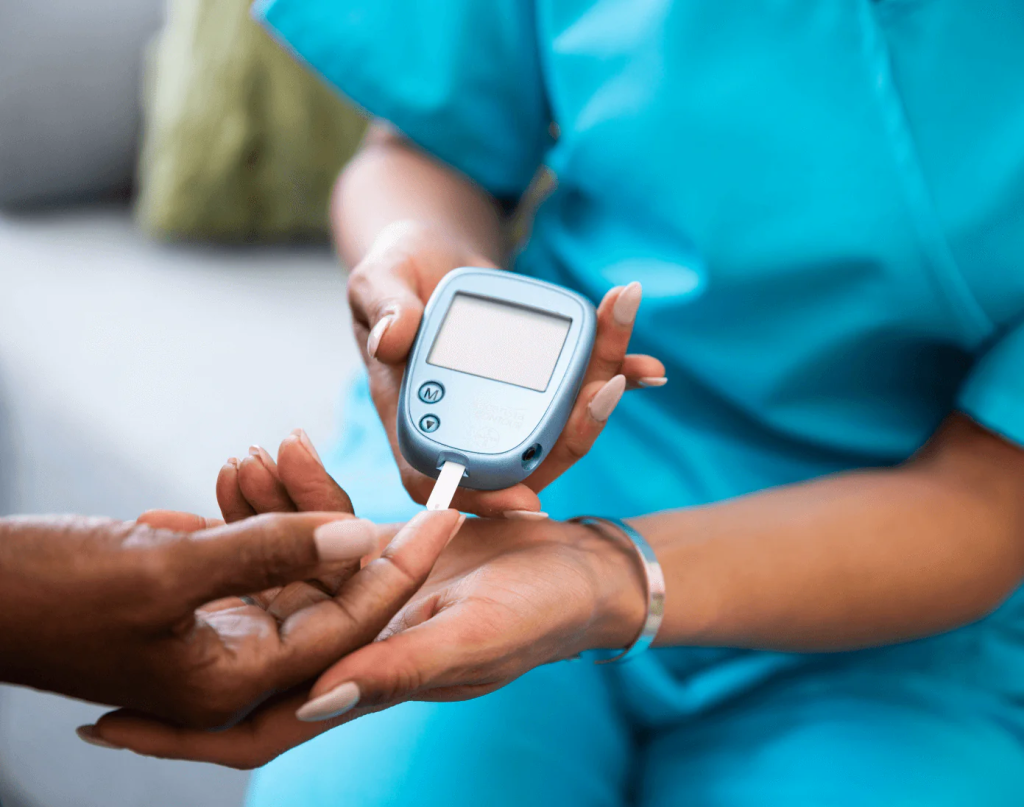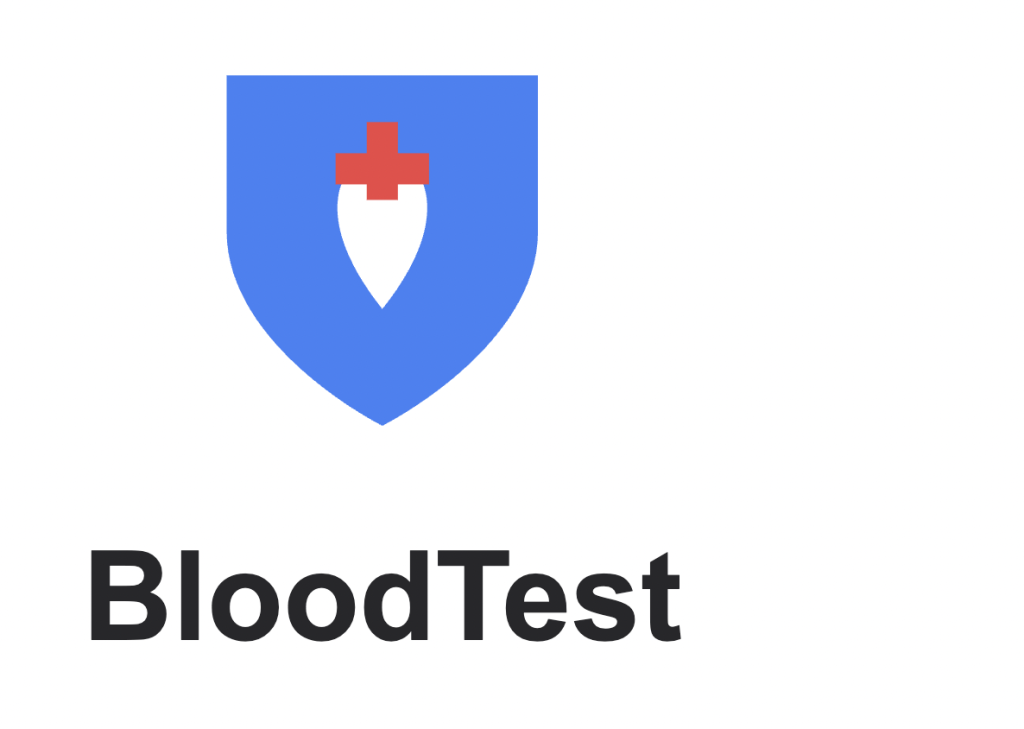Blood tests are one of the simplest and most powerful ways to understand what’s happening inside your body. From detecting infections to monitoring chronic diseases, a few vials of blood can reveal a lot about your overall health.
But with so many types of blood tests available, it’s easy to get confused about which ones really matter.
In this article, we’ll explore the top 5 most common blood tests in 2025, what each test measures, and what the results can tell you about your health.
🧬 1. Complete Blood Count (CBC)
🔍 What It Is
The Complete Blood Count (CBC) is the most frequently ordered blood test — often part of every annual check-up. It measures the levels of red blood cells, white blood cells, hemoglobin, hematocrit, and platelets in your blood.

🧠 What It Reveals
- Infection or inflammation: High white blood cell count can signal an infection.
- Anemia or low iron: Low red blood cell count or hemoglobin.
- Blood disorders: Abnormal platelets may indicate clotting issues.
💬 Typical Range
| Component | Normal Range | Significance |
|---|---|---|
| Hemoglobin | 13.5–17.5 g/dL (men), 12–15.5 g/dL (women) | Oxygen-carrying protein |
| WBC (White Blood Cells) | 4,000–10,000 /µL | Immune system function |
| Platelets | 150,000–450,000 /µL | Blood clotting ability |
💡 Pro Tip: If your CBC results are slightly off, don’t panic — hydration levels, stress, or mild infections can cause short-term changes.
💪 2. Lipid Panel (Cholesterol Test)
🔍 What It Is
The Lipid Panel measures different types of fats in your blood — including LDL (“bad”) cholesterol, HDL (“good”) cholesterol, and triglycerides.

🧠 What It Reveals
- Heart disease risk: High LDL or triglycerides increase cardiovascular risk.
- Lifestyle effects: Diet, exercise, and smoking habits strongly impact lipid levels.
💬 Typical Range
| Component | Desirable Range | Meaning |
|---|---|---|
| Total Cholesterol | < 200 mg/dL | Overall cholesterol level |
| LDL (“Bad”) Cholesterol | < 100 mg/dL | Lower is better |
| HDL (“Good”) Cholesterol | > 40 mg/dL (men), > 50 mg/dL (women) | Protects heart health |
| Triglycerides | < 150 mg/dL | Energy storage fat |
💡 Pro Tip: Fasting for 9–12 hours before this test ensures accurate triglyceride readings.
🍬 3. Blood Glucose (Fasting or A1C Test)
🔍 What It Is
These tests measure the sugar (glucose) levels in your blood.
- Fasting Glucose Test: Measures sugar after fasting 8–12 hours.
- Hemoglobin A1C Test: Shows your average blood sugar over the past 3 months.

🧠 What It Reveals
- Diabetes or prediabetes
- How well your body regulates sugar levels
💬 Typical Range
| Test | Normal | Prediabetes | Diabetes |
|---|---|---|---|
| Fasting Glucose | < 100 mg/dL | 100–125 mg/dL | ≥ 126 mg/dL |
| Hemoglobin A1C | < 5.7% | 5.7–6.4% | ≥ 6.5% |
💡 Pro Tip: Even small lifestyle changes — like cutting sugary drinks — can lower A1C within a few months.
🦋 4. Thyroid Function Test (TSH, T3, T4)
🔍 What It Is
The Thyroid Function Test checks how well your thyroid gland is working by measuring the hormones TSH, T3, and T4.
🧠 What It Reveals
- Hypothyroidism (underactive thyroid): Fatigue, weight gain, slow metabolism.
- Hyperthyroidism (overactive thyroid): Anxiety, weight loss, irregular heartbeat.
💬 Typical Range
| Test | Normal Range | What It Means |
|---|---|---|
| TSH | 0.4–4.0 mIU/L | Higher → underactive thyroid |
| Free T4 | 0.8–1.8 ng/dL | Active thyroid hormone |
| Free T3 | 2.3–4.2 pg/mL | Regulates metabolism |
💡 Pro Tip: Thyroid levels can fluctuate due to stress, pregnancy, or medication — one abnormal result doesn’t always mean disease.
🩺 5. Comprehensive Metabolic Panel (CMP)
🔍 What It Is
The Comprehensive Metabolic Panel includes 14 measurements to evaluate your body’s chemical balance and metabolism — including liver, kidney, and electrolyte function.
🧠 What It Reveals
- Liver health (ALT, AST)
- Kidney performance (Creatinine, BUN)
- Electrolyte balance (Sodium, Potassium)
- Blood sugar and protein levels
💬 Typical Range
| Component | Normal Range | Function |
|---|---|---|
| ALT (Liver) | 7–56 U/L | Liver enzyme |
| BUN | 7–20 mg/dL | Kidney function |
| Creatinine | 0.6–1.3 mg/dL | Kidney waste product |
| Sodium | 135–145 mmol/L | Fluid balance |
| Potassium | 3.5–5.1 mmol/L | Muscle & nerve function |
💡 Pro Tip: CMP gives doctors a broad view of your body’s internal systems — it’s often used for pre-surgery checkups or ongoing monitoring.
💬 Why These Tests Matter
These five blood tests provide a snapshot of your overall health. Together, they can detect:
- Early signs of diabetes or heart disease
- Vitamin and hormone imbalances
- Organ stress or dysfunction
- Hidden infections or inflammation
Getting these tests done once a year is recommended for most adults — more frequently if you have chronic conditions or specific health risks.
A: Yes. Many labs allow direct-to-consumer ordering for most common tests like CBC, Lipid Panel, and A1C.
A: You only need to fast (8–12 hours) for glucose or lipid tests. Others can be done anytime.
A: Most results are available within 24–72 hours through your lab’s online portal.
A: Each test ranges from $30–$100, but bundled panels (like CMP) are more affordable when ordered together.
🧭 Meta Description (SEO):
Learn about the top 5 most common blood tests — CBC, Lipid Panel, Glucose, Thyroid, and CMP — what they reveal, normal ranges, and why they matter in 2025.
🏷️ Keywords:
common blood tests, CBC test, lipid panel, thyroid function, glucose test, metabolic panel, blood test meaning, lab results explained
🪪 Tags:
blood test guide, lab tests explained, routine checkup, labcorp, quest diagnostics, preventive health, medical labs
